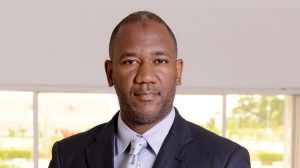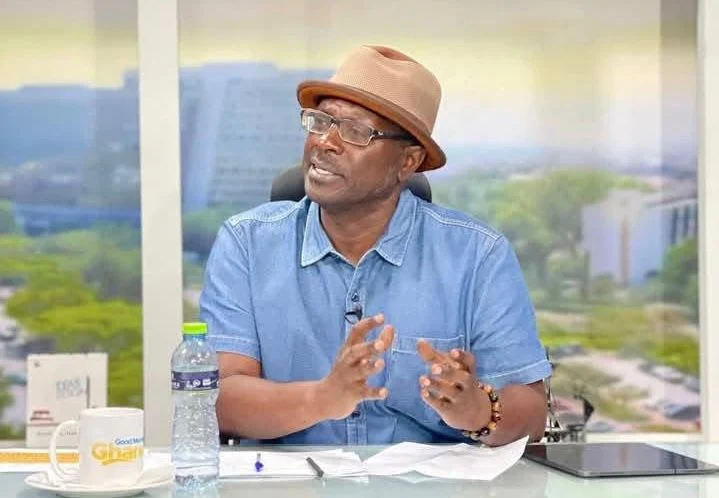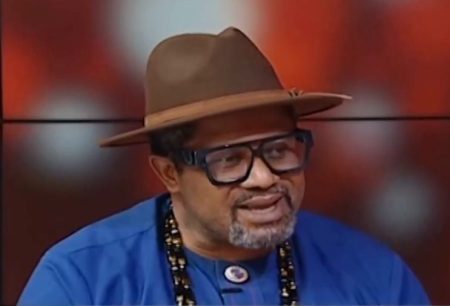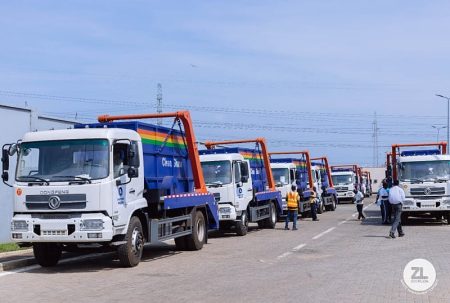The Office of the Special Prosecutor (OSP) has brought charges against the former Chief Executive Officer of Ghana’s National Petroleum Authority (NPA) and several other individuals for alleged misappropriation of public funds exceeding ₵280 million between 2022 and 2024. This intricate scheme involved coercing Oil Marketing Companies (OMCs) and fuel transporters into paying fabricated “regulatory fees” under the threat of license revocation. Crucially, these illicitly obtained funds were diverted into private accounts instead of the designated government account or the Unified Petroleum Pricing Fund (UPPF), raising serious concerns about the integrity of public finance management. The core issue at hand is not the current balance of the UPPF, but rather the significant sum of money that should have been contributed to it but was fraudulently withheld. The UPPF itself serves a vital function in Ghana’s fuel market: it subsidizes fuel transportation costs to remote areas, ensuring uniform pricing nationwide.
The alleged misappropriation of funds involved a complex network of shell companies, specifically Propnest, Kel Logistics, and Kings Energy. These entities served as conduits for laundering the stolen money into various assets, including real estate, vehicles, and fuel stations. The scale of the alleged purchases is staggering: seven houses from Clifton Homes totaling ₵9.6 million, three houses from Archgate costing ₵2.35 million, land and houses from Agyenkwart valued at ₵32.7 million, land in Lashibi worth ₵1.7 million, trucks from Zonda Tec amounting to ₵35.4 million over three years, a 2023 Mercedes-Benz GLE 450 priced at ₵1.78 million, and ₵24.5 million invested in fuel station construction. This elaborate expenditure paints a picture of systematic and large-scale embezzlement of public funds intended to stabilize fuel prices for ordinary Ghanaians.
The alleged actions of the former NPA CEO and other implicated individuals represent a grave breach of public trust. While citizens struggled with the financial burden of fuel costs, these officials were allegedly enriching themselves through fraudulent means. The use of shell companies further underscores the deliberate and calculated nature of the scheme, designed to obscure the trail of illicit funds and evade accountability. This case raises critical questions about oversight mechanisms within the NPA and the broader governance framework that allowed such alleged misconduct to occur. It underscores the urgent need for strengthened financial controls and enhanced transparency to prevent future occurrences of this nature.
The UPPF, which stands for Unified Petroleum Pricing Fund, plays a vital role in ensuring equitable fuel access across Ghana. By absorbing transportation costs, the fund allows for a uniform price at the pump, regardless of geographical location. This mechanism prevents price disparities that would otherwise disadvantage consumers in remote areas, ensuring that everyone has access to fuel at a consistent and predictable cost. The alleged siphoning of funds intended for the UPPF therefore has significant implications for fuel affordability and accessibility, particularly for those in underserved communities. The diversion of these funds not only undermines the intended purpose of the UPPF but also disproportionately impacts vulnerable populations who rely on subsidized fuel transportation.
The implications of this case extend beyond the immediate financial losses. The alleged corruption undermines public trust in government institutions and raises serious concerns about the effectiveness of anti-corruption mechanisms. The scale and complexity of the alleged scheme point to systemic weaknesses that allow corruption to flourish. Addressing these systemic issues requires a comprehensive approach that includes strengthening regulatory frameworks, enhancing oversight mechanisms, and promoting a culture of accountability within public institutions. This case serves as a stark reminder of the need for continuous vigilance and robust anti-corruption measures to safeguard public funds and maintain public trust.
It is essential to remember that the accused individuals are presumed innocent until proven guilty in a court of law. The ongoing investigation and legal proceedings will determine the veracity of the allegations and the culpability of those involved. However, the allegations themselves highlight the vulnerability of public funds to misappropriation and the importance of robust accountability mechanisms. This case underscores the need for continued public scrutiny and engagement to ensure that public resources are utilized responsibly and for their intended purpose. The outcome of this case will not only determine the fate of the accused but will also send a powerful message about Ghana’s commitment to combating corruption and upholding the rule of law.














